#include <SoftwareSerial.h>
#include <Arduino.h>
#include "disk91_LoRaE5.h"
#include <SensirionI2CSht4x.h>
#include <Wire.h>
SensirionI2CSht4x sht4x;
Disk91_LoRaE5 lorae5(&Serial); // Where the AT command and debut traces are printed
#define Frequency DSKLORAE5_ZONE_AU915
/*
Select your frequency band here.
DSKLORAE5_ZONE_EU868
DSKLORAE5_ZONE_US915
DSKLORAE5_ZONE_AS923_1
DSKLORAE5_ZONE_AS923_2
DSKLORAE5_ZONE_AS923_3
DSKLORAE5_ZONE_AS923_4
DSKLORAE5_ZONE_KR920
DSKLORAE5_ZONE_IN865
DSKLORAE5_ZONE_AU915
*/
char deveui[] = "6081F9577FB14225";
char appeui[] = "6081F96F8FDB0345";
char appkey[] = "95EBC52A4FA9FD2E0106909AE043DDE4";
// Variable de timer usando millis()
unsigned long lastTime = 0;
unsigned long timerDelay = 60000;
#define DE D2 //Pueden ser los 2 unidos
#define RE D3
const byte rh[] = {0x01,0x03, 0x00, 0x00, 0x00, 0x01, 0x84, 0x0a};
const byte temp[] = {0x01,0x03, 0x00, 0x01, 0x00, 0x01, 0xd5, 0xca};
const byte cond[] = {0x01,0x03, 0x00, 0x02, 0x00, 0x01, 0x25, 0xca};
const byte ph[] = {0x01,0x03, 0x00, 0x03, 0x00, 0x01, 0x74, 0x0a};
const byte nitro[] = {0x01,0x03, 0x00, 0x04, 0x00, 0x01, 0xc5, 0xcb};
const byte phos[] = {0x01,0x03, 0x00, 0x05, 0x00, 0x01, 0x94, 0x0b};
const byte pota[] = {0x01,0x03, 0x00, 0x06, 0x00, 0x01, 0x64, 0x0b};
const byte sali[] = {0x01,0x03, 0x00, 0x07, 0x00, 0x01, 0x35, 0xcb};
char text[8];
void data_decord(int val_1, int val_2, int val_3, int val_4,
int val_5, int val_6,int val_7, int val_8, int val_9, int val_10, uint8_t data[20])
{
int val[] = {val_1, val_2, val_3, val_4, val_5, val_6, val_7, val_8, val_9, val_10};
for(int i = 0, j = 0; i < 10; i++, j += 2)
{
if(val[i] < 0)
{
val[i] = ~val[i] + 1;
data[j] = val[i] >> 8 | 0x80;
data[j+1] = val[i] & 0xFF;
}
else
{
data[j] = val[i] >> 8 & 0xFF;
data[j+1] = val[i] & 0xFF;
}
}
}
void setup(void)
{
Serial.begin(9600);
Serial1.begin(9600); //Baud rate, parity mode, RX, TX
pinMode(DE, OUTPUT);
pinMode(RE, OUTPUT);
digitalWrite(DE, LOW);
digitalWrite(RE, HIGH);
Serial.println("\r\nSistema Inicializado ! \r\n");
uint32_t start = millis();
while ( !Serial && (millis() - start) < 1500 ); // Open the Serial Monitor to get started or wait for 1.5"
Wire.begin();
uint16_t error;
char errorMessage[256];
sht4x.begin(Wire);
uint32_t serialNumber;
error = sht4x.serialNumber(serialNumber);
delay(5000);
if (error) {
Serial.print("Error trying to execute serialNumber(): ");
errorToString(error, errorMessage, 256);
Serial.println(errorMessage);
} else {
Serial.print("Serial Number: ");
Serial.println(serialNumber);
}
// init the library, search the LORAE5 over the different WIO port available
if ( ! lorae5.begin(DSKLORAE5_SWSERIAL_WIO_P2) ) {
Serial.println("LoRa E5 Init Failed");
while(1);
}
// Setup the LoRaWan Credentials
if ( ! lorae5.setup(
Frequency,
deveui,
appeui,
appkey
) ){
Serial.println("LoRa E5 Setup Failed");
while(1);
}
}
void loop(void)
{
//********* Funciones ************
float val1 = getPH()*10;
float val2 = getRH();
float val3 = getTemp();
int int_cond_soil = getCond()*100;
int int_nit_soil = getNitrogen()*100;
int int_pho_soil = getPhosphorous()*100;
int int_pot_soil = getPotassium()*100;
int int_sali_soil = getSalinidad()*100;
//**********************************
uint16_t error;
float temperature, humidity, dt;
int int_temp, int_humi, int_dt, int_ph_soil, int_rh_soil, int_temp_soil;
dt=21.3;
error = sht4x.measureHighPrecision(temperature, humidity);
Serial.print("Temperature: "); Serial.print(temperature);
Serial.print(" Humidity: "); Serial.println(humidity);
int_temp = temperature*100;
int_humi = humidity*100;
int_ph_soil = val1*100;
int_rh_soil = val2*100;
int_temp_soil = val3*100;
int_dt = dt*100;
static uint8_t data[20] = { 0x00 }; //Use the data[] to store the values of the sensors
data_decord(int_temp, int_humi, int_ph_soil, int_rh_soil, int_temp_soil,
int_cond_soil, int_nit_soil, int_pho_soil, int_pot_soil, int_sali_soil, data);
if ( lorae5.send_sync( //Sending the sensor values out
8, // LoRaWan Port
data, // data array
sizeof(data), // size of the data
false, // we are not expecting a ack
12, // Spread Factor
14 // Tx Power in dBm
)
) {
Serial.println("Uplink done");
if ( lorae5.isDownlinkReceived() ) {
Serial.println("A downlink has been received");
if ( lorae5.isDownlinkPending() ) {
Serial.println("More downlink are pending");
}
}
}
delay(600000);
// }
}
//************** Function sensor soil ********************
float getPH(){
int16_t readPH;
getDataSensor(ph, sizeof(ph), &readPH);
return (float)readPH/100.0f;
}
float getRH(){
int16_t readRH;
getDataSensor(rh, sizeof(rh), &readRH);
return (float)readRH/10.0f;
}
float getTemp(){
int16_t readTemp;
getDataSensor(temp, sizeof(temp), &readTemp);
return (float)readTemp/10.0f;
}
int16_t getCond(){
int16_t readCond;
getDataSensor(cond, sizeof(cond), &readCond);
return readCond;
}
int16_t getNitrogen(){
int16_t readnitro;
getDataSensor(nitro, sizeof(nitro), &readnitro);
return readnitro;
}
int16_t getPhosphorous(){
int16_t readphos;
getDataSensor(phos, sizeof(phos), &readphos);
return readphos;
}
int16_t getPotassium(){
int16_t readPota;
getDataSensor(pota, sizeof(pota), &readPota);
return readPota;
}
int16_t getSalinidad(){
int16_t readSali;
getDataSensor(sali, sizeof(sali), &readSali);
return readSali;
}
//********************** DataSensor ******************************
boolean getDataSensor(const byte* cmd, int len_cmd, int16_t* res){
uint8_t values[16];
*res = 0;
emptyBufferSerial1();
digitalWrite(DE, HIGH);
digitalWrite(RE, HIGH);
Serial1.setTimeout(200);
Serial1.write(cmd, len_cmd);
delayMicroseconds(140*(len_cmd*10)); //Calculado para 9600 baudios(140)
//while(Serial1.availableForWrite() < 128);
digitalWrite(DE, LOW);
digitalWrite(RE, LOW);
int cont = Serial1.readBytes(values, 7);
Serial.println("Cantidad de datos recibidos: " + String(cont));
if (cont == 7)
{
Serial.print("Datos recibidos: ");
for(byte i=0;i<cont;i++){
//Serial.print(mod.read(),HEX);
//values[i] = Serial1.read();
sprintf(text, "0x%02X ", values[i]);
Serial.print(text);
}
Serial.println();
*res = ((int16_t)values[3] << 8) | (int16_t)values[4];
return true;
}
return false;
}
void emptyBufferSerial1(void){
byte c;
while(Serial1.available()){
c = Serial1.read();
}
}


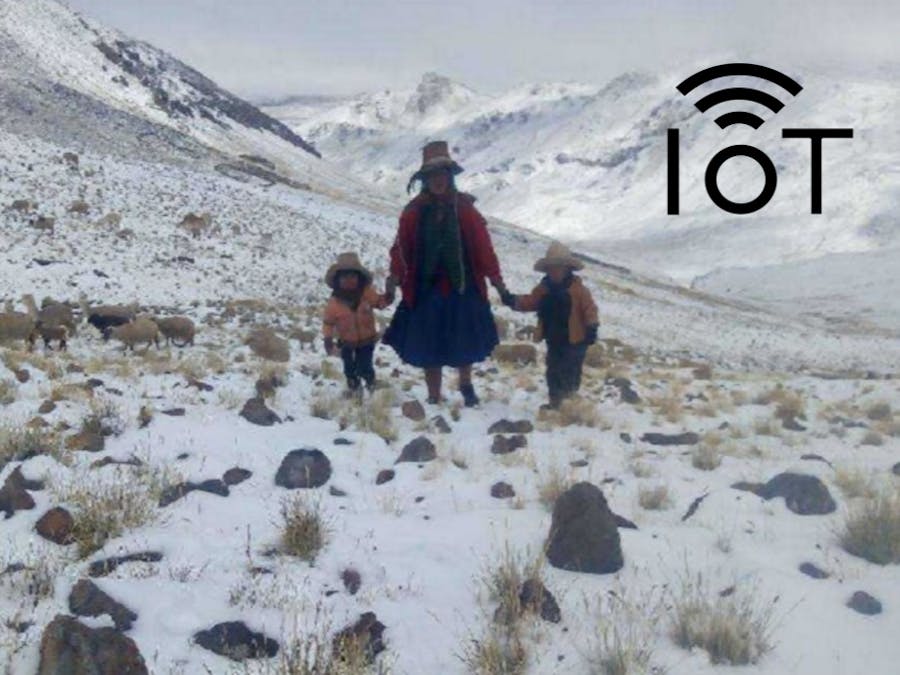






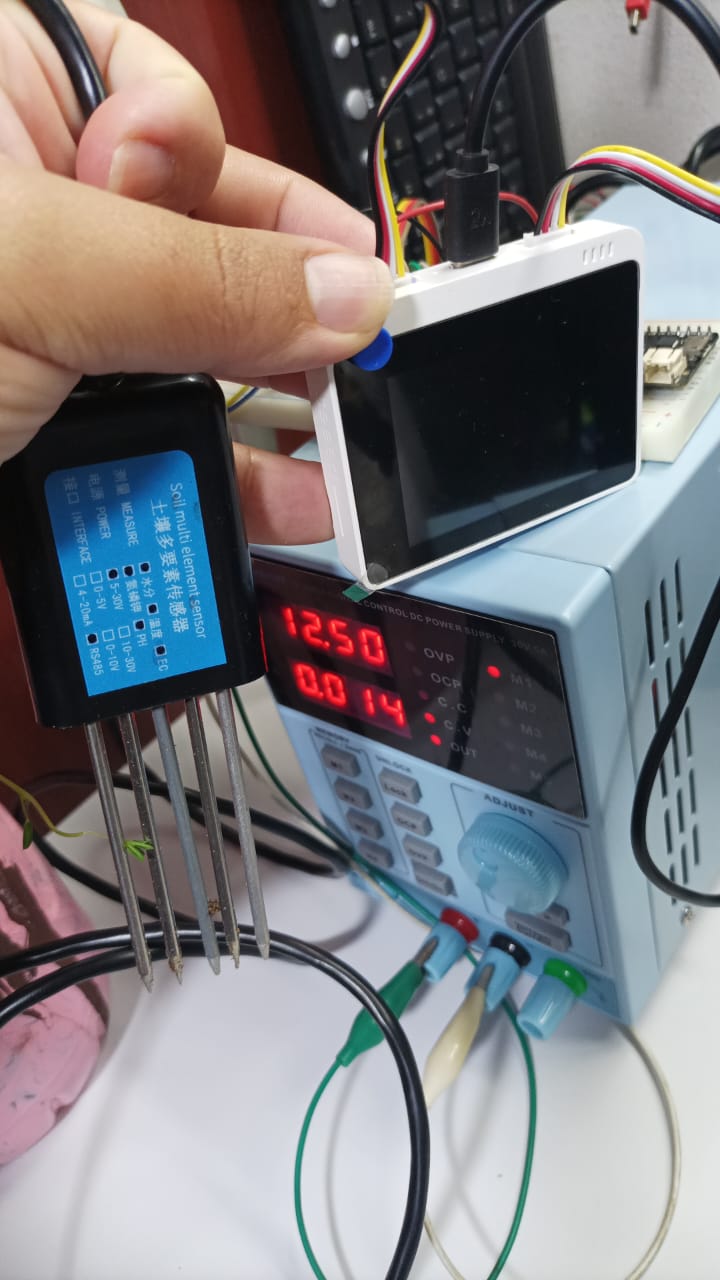
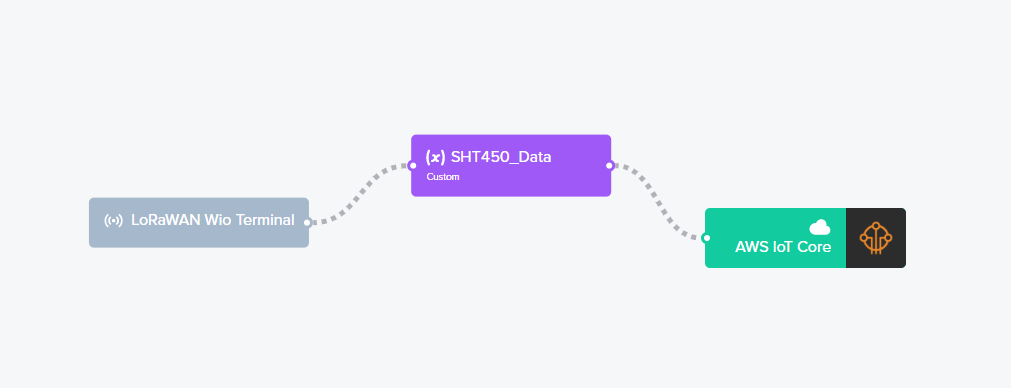
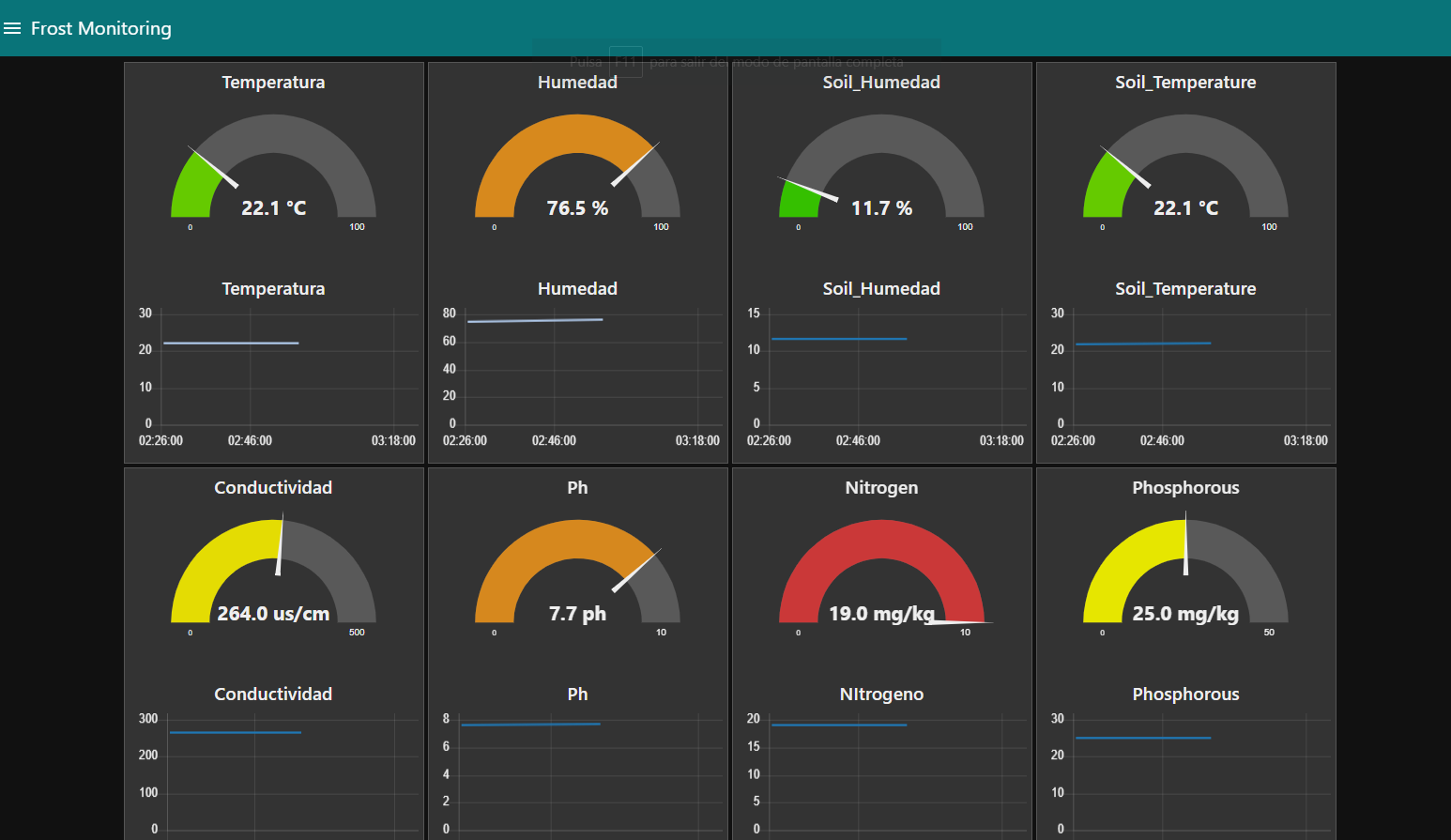
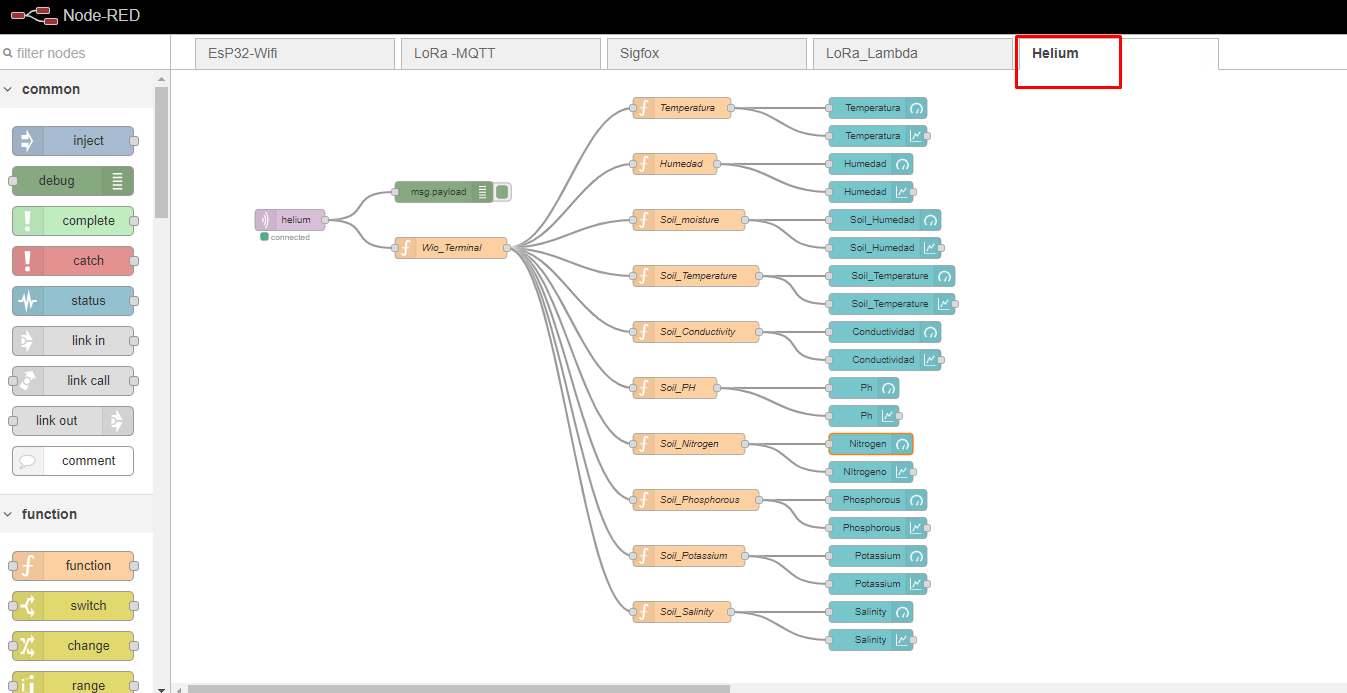
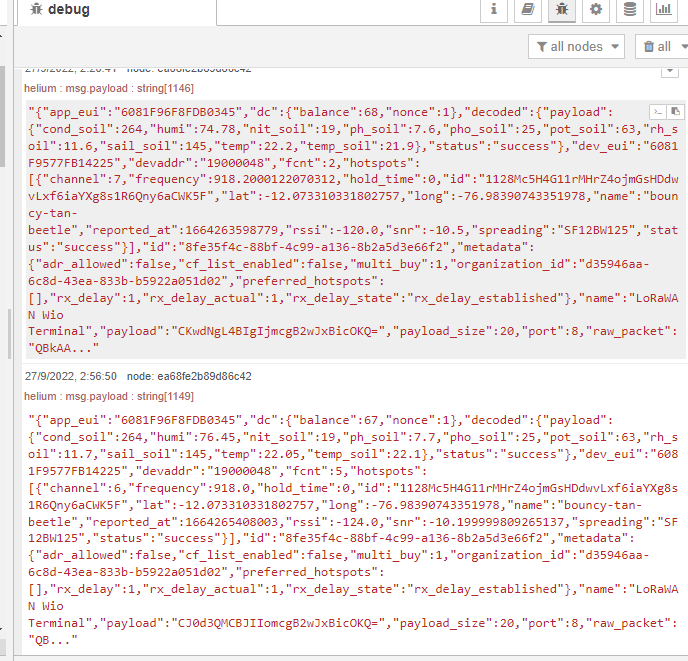
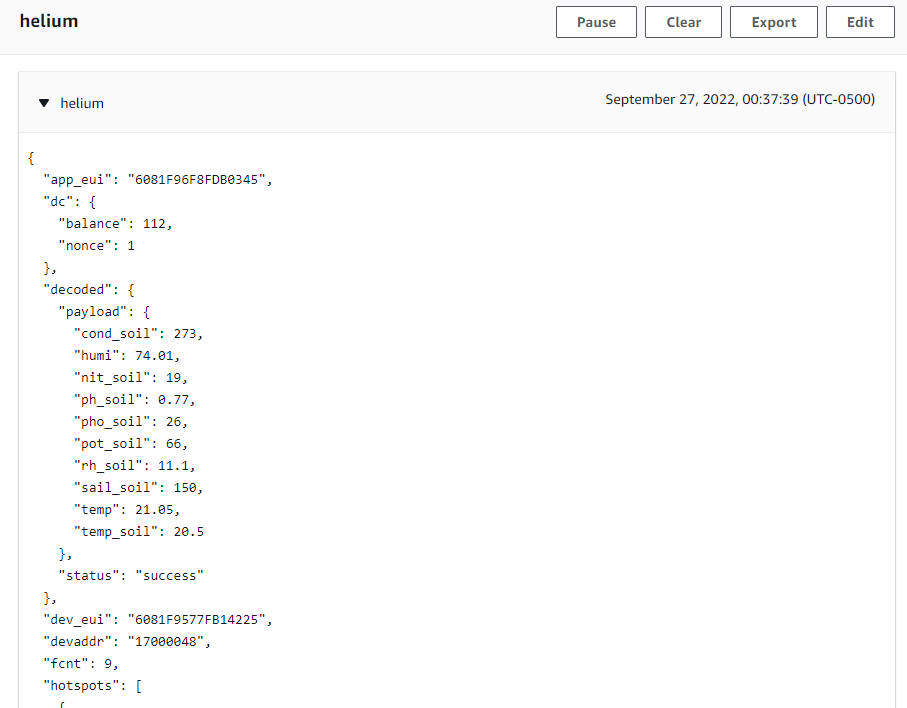
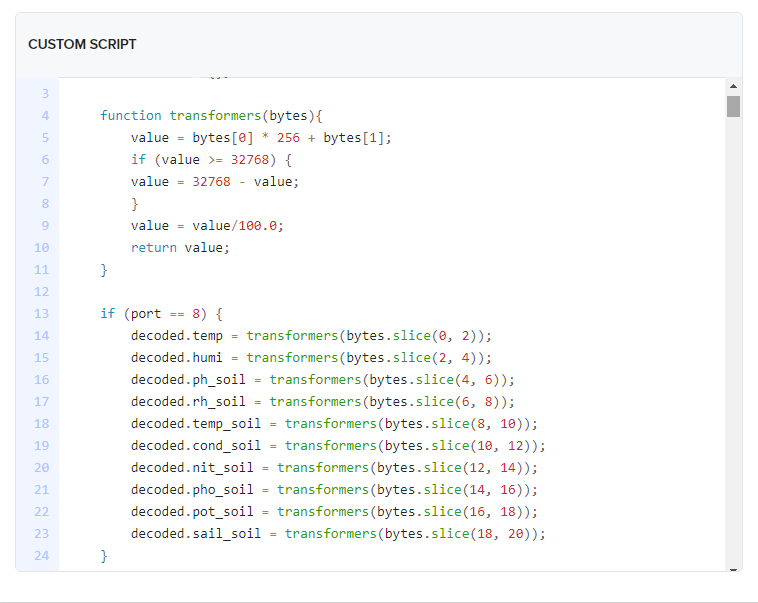






Comments